King's praise ceremony at Phuoc Luu pagoda (Trang Bang ward)
During the Nguyen Dynasty, every month on the first and fifteenth days of the lunar month, monks would enter the court to pay their respects to the king and preach the sutras and dharma to the royal family. Monks residing in pagodas could not enter the court to pay their respects to the king like monks, so they set up an altar to pay their respects to the king, which was also considered paying their respects to the king. The memorial tablet was engraved to worship the reigning king with the meaning of respect. The memorial tablet read: "May the reigning Emperor have a long and glorious life" (上祝當今皇帝聖壽萬萬歲).
In the past, the king's tablet was placed facing south with the meaning of the saying: "The saint looks south and listens to the wishes of the people". In some pagodas, the king's tablet is placed with the Dharma protector altar in the main hall, facing the Buddha altar, such as in Phuoc Luu pagoda (Trang Bang ward), Thoi Binh royal pagoda, Chuong Phuoc pagoda (Can Giuoc commune),... Hiep Long pagoda (Tan Ninh ward) places the king's tablet with the tablets of the ancestors in the ancestral hall.
In addition, in many pagodas in Tay Ninh, there are statues or images of King Tran Nhan Tong in the position of a monk sitting cross-legged in meditation in the ancestral hall, respectfully called "Tran Trieu Truc Lam Dau Da Dieu Ngu Giac Hoang Dai Thanh To Phat" or simply "Buddha King".
The traditional Buddhist ritual of praising the king is performed during the night service on the first and fifteenth day of each month. After praising at the Buddhist altar, monks carry the offering tray to the altar with the king's tablet to perform the ceremony, the ceremony is presided over by the abbot of the temple.
According to the scriptures and scriptures at Phuoc Luu Pagoda (Trang Bang Ward), in the ceremony, the main monk chants the following verses: "Wishing the current Emperor a long and prosperous life, wishing the Queen a long and prosperous life, the Crown Prince a long life, enjoying the spirit of the Eastern Palace, and all the great civil and military officials may all ascend to high positions", "Namo Infinite Life, wishing the Emperor a long and prosperous life" in the background of Buddhist ritual music including bells, wooden fish, gongs and drums. When the blessing ceremony at the altars is finished, the monks return to the main hall to bow to the four graces, including the verse: "With one heart, we bow to the King of Water and Earth, Heaven and Earth, for their blessings and grace".
In pagodas that do not have a tablet to worship the king, monks perform the ritual in the main hall, after praising Buddha, they praise the king. During the 3 months of summer retreat, pagodas that organize summer retreats in the traditional way still preserve and perform the ancient ritual of praising the king twice a month.
Besides worship, the praise of the king is also expressed on horizontal lacquered boards and parallel sentences in the temple architecture. In the front hall of Phuoc Luu pagoda (Trang Bang ward), there is a horizontal lacquered board dated in the year of Quy Mao (1903) with Chinese characters engraved by a Chinese calligrapher in Cho Lon named Mac Thien Trai with the content: "Van Tho Vo Cuong" (萬壽無疆), implying a wish for Buddha and the king to live forever.
The worship of kings in ancient pagodas in Tay Ninh and the whole South has shown the strong influence of kings on Buddhism, in the lives of the people, the "reign" of kings in the new land. Through this, it also shows the spirit of Buddha's teachings in the "Four Graces": Grace of parents, teachers; grace of the king, country; grace of the Three Jewels (Buddha, Dharma, Sangha); grace of compatriots, humanity.
Through the worship of the king with the "Four Graces" doctrine, Buddhists are taught to love their homeland and country; to remember their ancestors who have contributed to building and defending the country. As society becomes more modern, traditional rituals are gradually lost, and pagodas are the places that preserve those traditional values, including the worship of the king in Tay Ninh./.
Phi Thanh Phat
Source: https://baolongan.vn/tin-nguong-tho-vua-o-chua-a198455.html


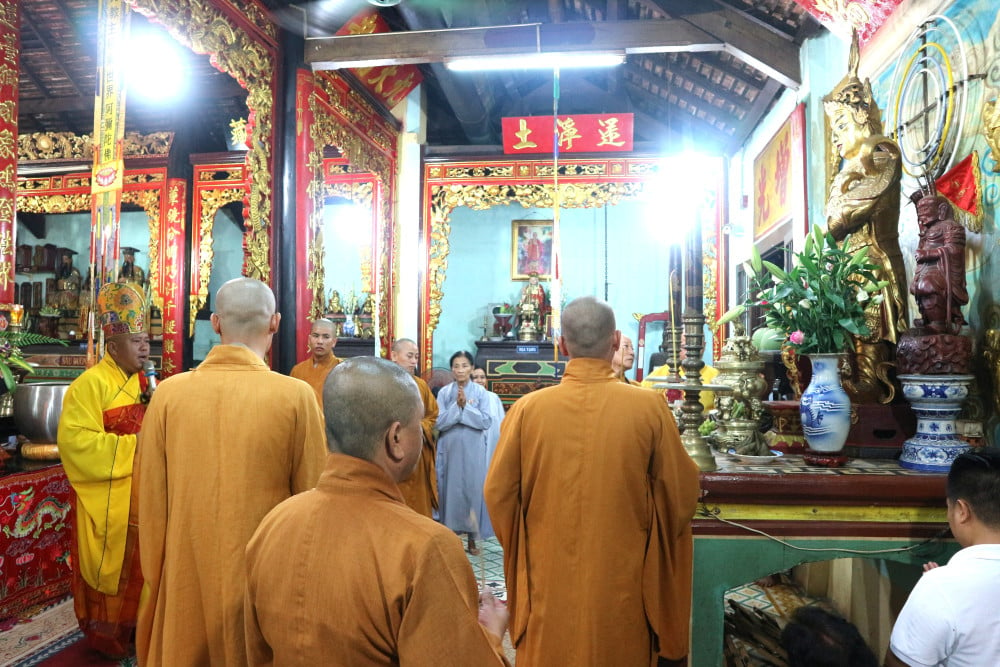


![[Photo] Prime Minister Pham Minh Chinh launched a peak emulation campaign to achieve achievements in celebration of the 14th National Party Congress](https://vphoto.vietnam.vn/thumb/1200x675/vietnam/resource/IMAGE/2025/10/5/8869ec5cdbc740f58fbf2ae73f065076)


![[Photo] Prime Minister Pham Minh Chinh chairs the Government's online conference with localities](https://vphoto.vietnam.vn/thumb/1200x675/vietnam/resource/IMAGE/2025/10/5/264793cfb4404c63a701d235ff43e1bd)
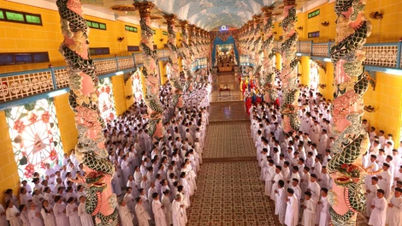

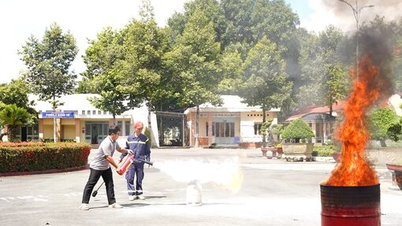
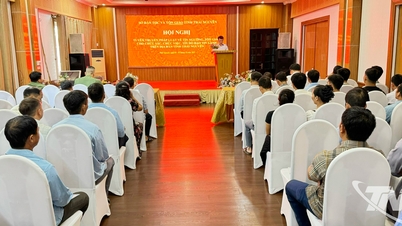

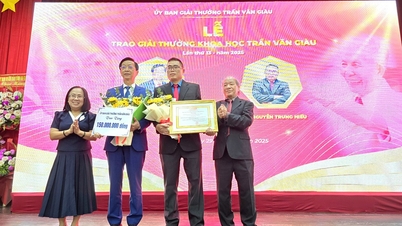

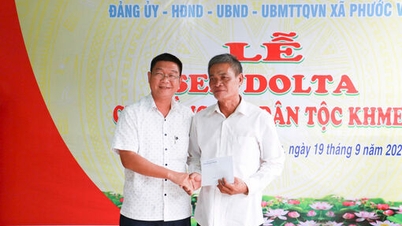
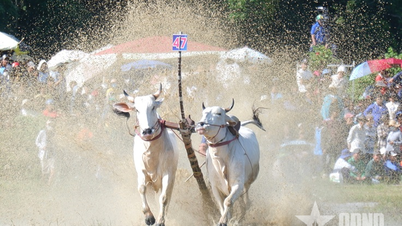

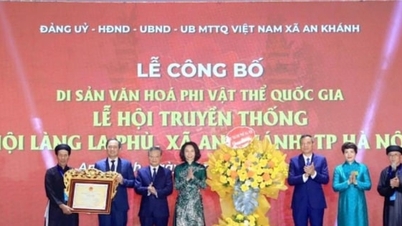



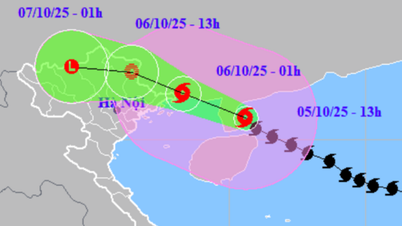
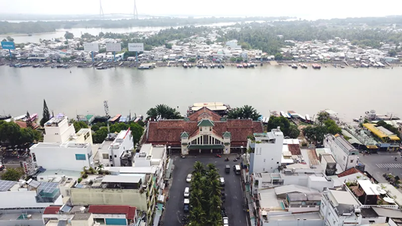







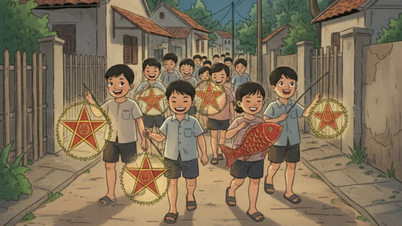
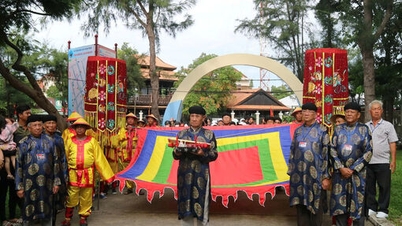
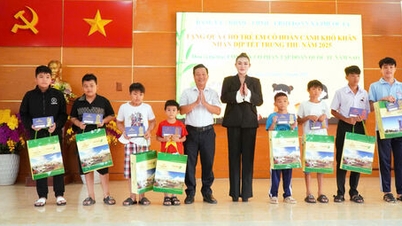
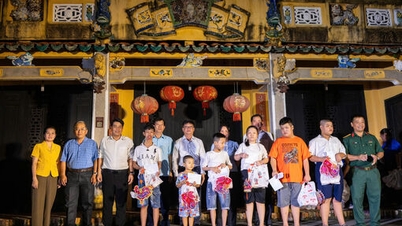
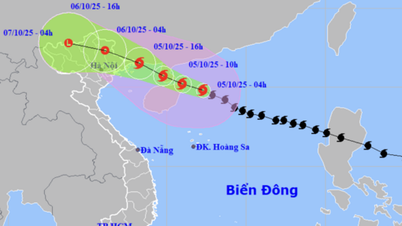
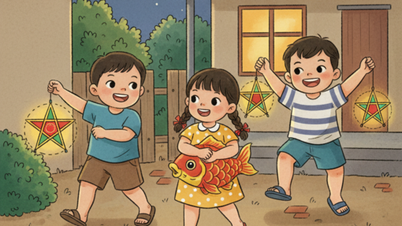

























![[VIDEO] Summary of Petrovietnam's 50th Anniversary Ceremony](https://vphoto.vietnam.vn/thumb/402x226/vietnam/resource/IMAGE/2025/10/4/abe133bdb8114793a16d4fe3e5bd0f12)

![[VIDEO] GENERAL SECRETARY TO LAM AWARDS PETROVIETNAM 8 GOLDEN WORDS: "PIONEER - EXCELLENT - SUSTAINABLE - GLOBAL"](https://vphoto.vietnam.vn/thumb/402x226/vietnam/resource/IMAGE/2025/7/23/c2fdb48863e846cfa9fb8e6ea9cf44e7)














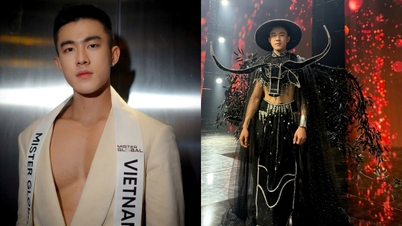
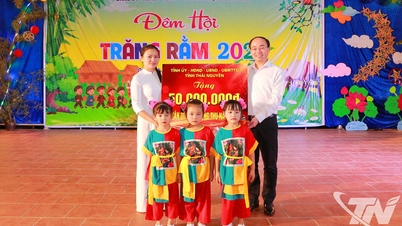


















Comment (0)